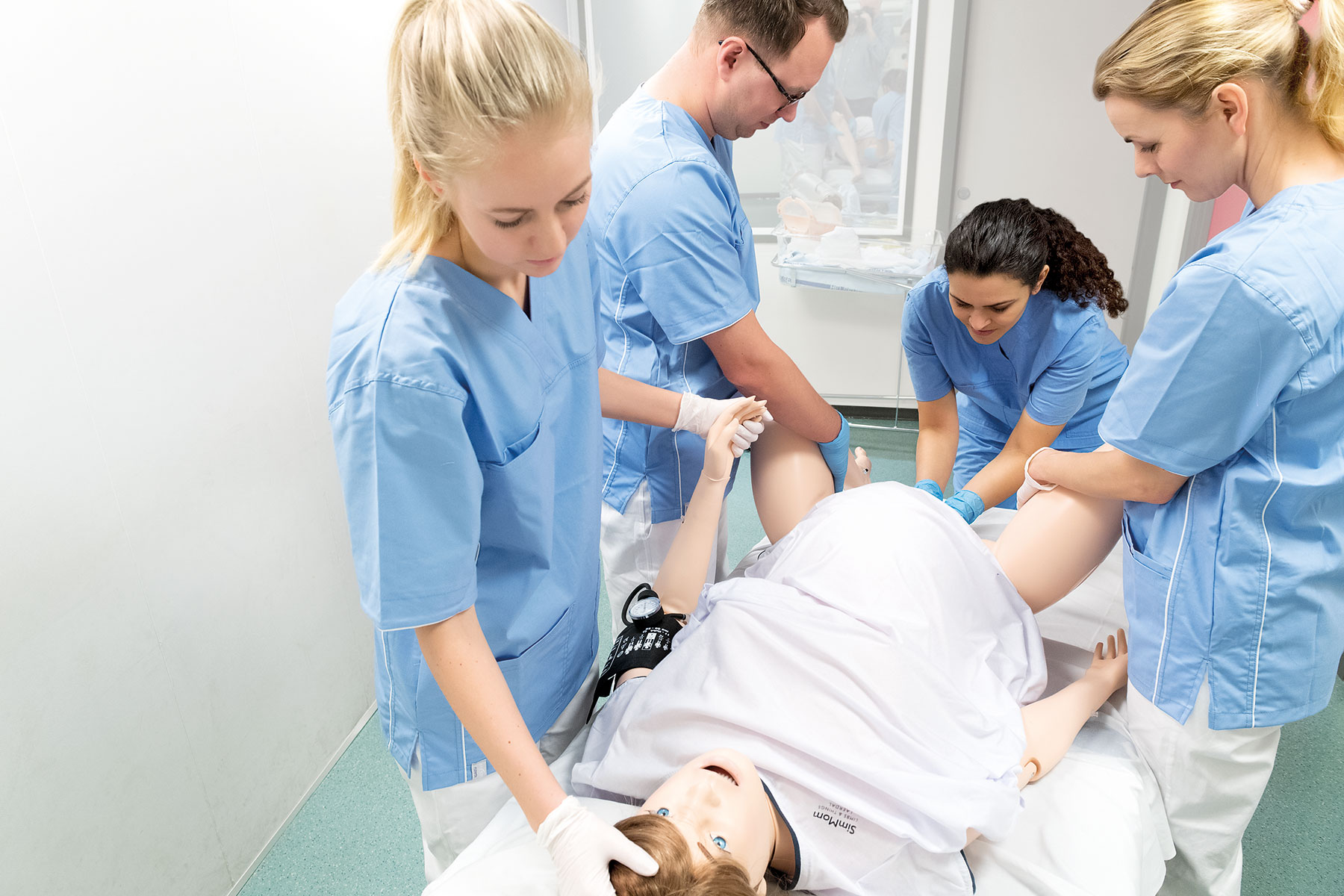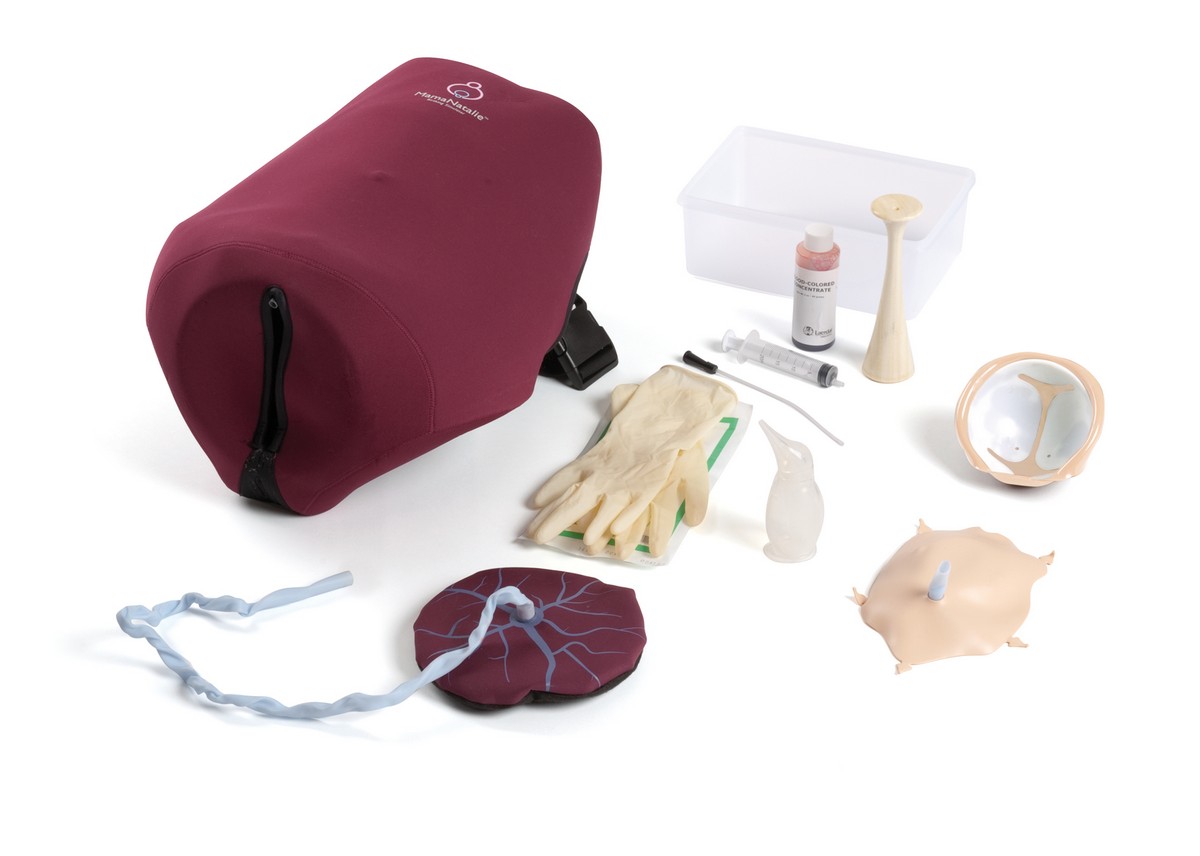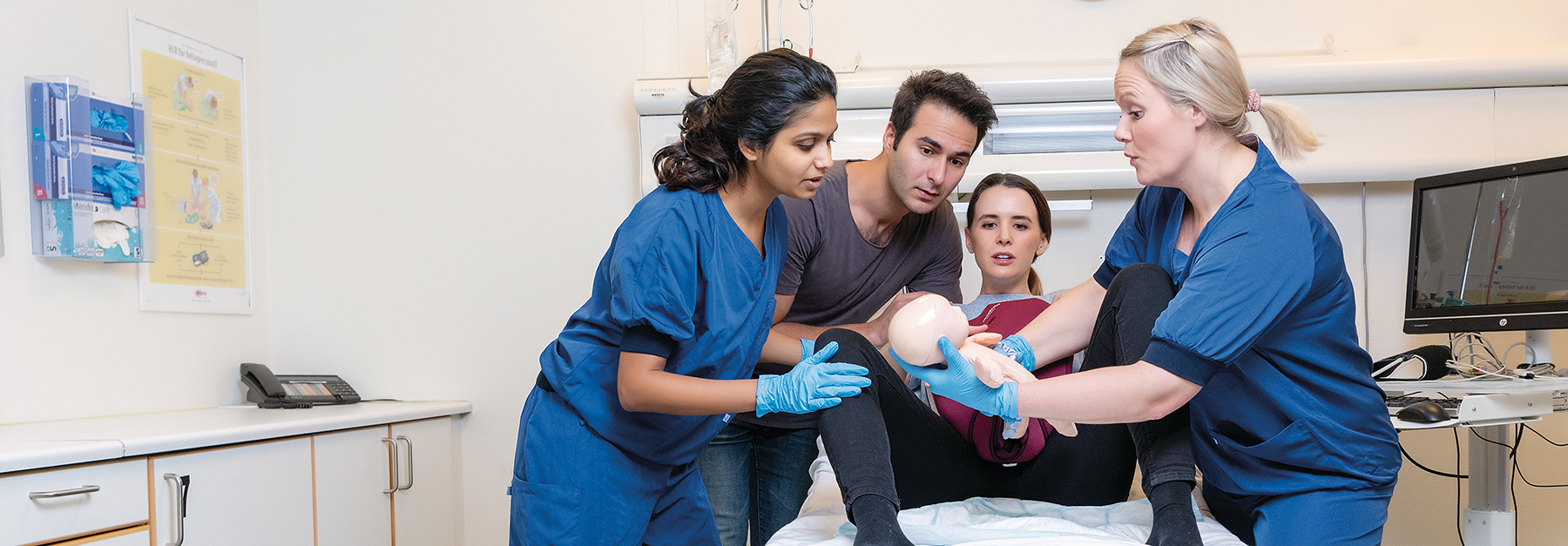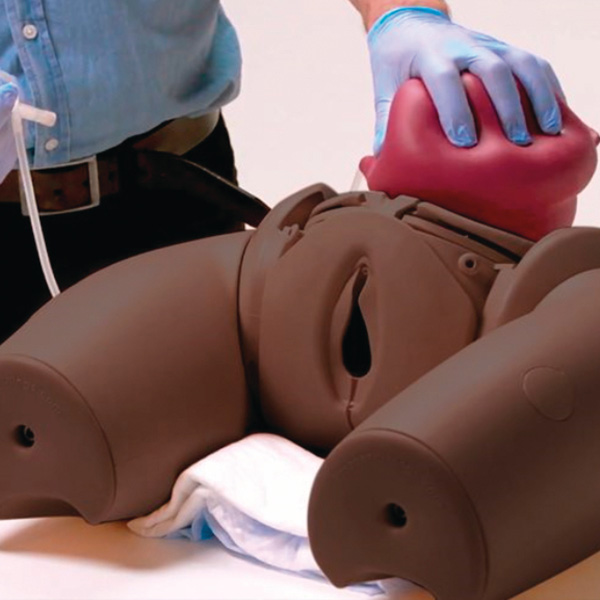Simulation can certainly prepare students for the obstetric and newborn setting prior to their transition to practice. But it can also prepare practicing healthcare providers to give safer patient care and promote quality outcomes during low-frequency, high-risk emergency situations. 3
Eliminating the need for extensive storage, set-up, and breakdown, hybrid simulation can be quickly set up to allow physicians and nurses hands-on practice of the most important delivery skills. And, if a recent sentinel event in a hospital warrants a full staff training, a scenario can quickly be brought to life.
Healthcare providers, just like providers-in-training, can reap immense benefits from hybrid simulation’s mixture of procedural and interpersonal skill practice. The difference is that practicing healthcare providers can immediately apply their learnings to real patient interactions and emergencies.
The result of easy-to-operate, small scale hybrid simulations done right:
- Improved learner knowledge
- Competent clinical performance
Ultimately, these results can lead to improved patient outcomes and satisfaction.4






